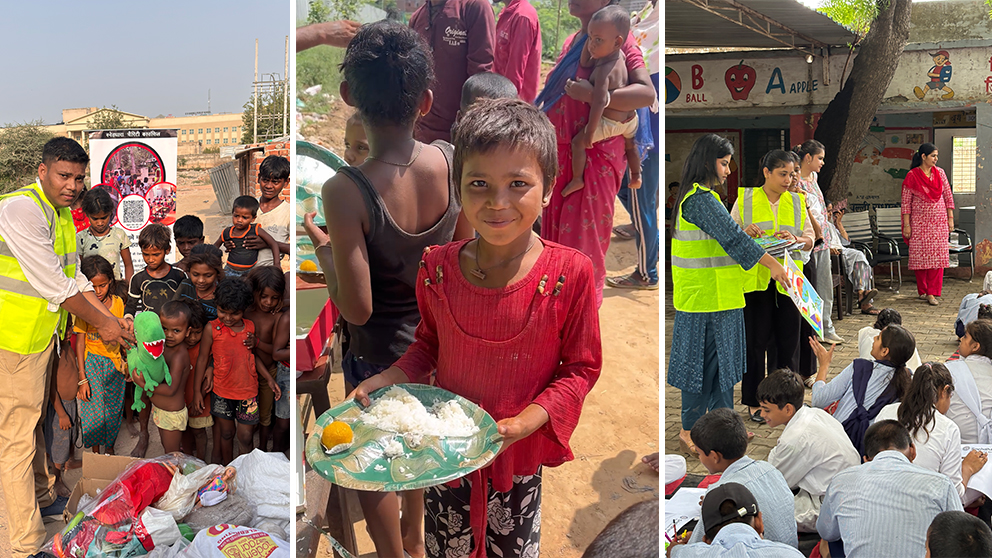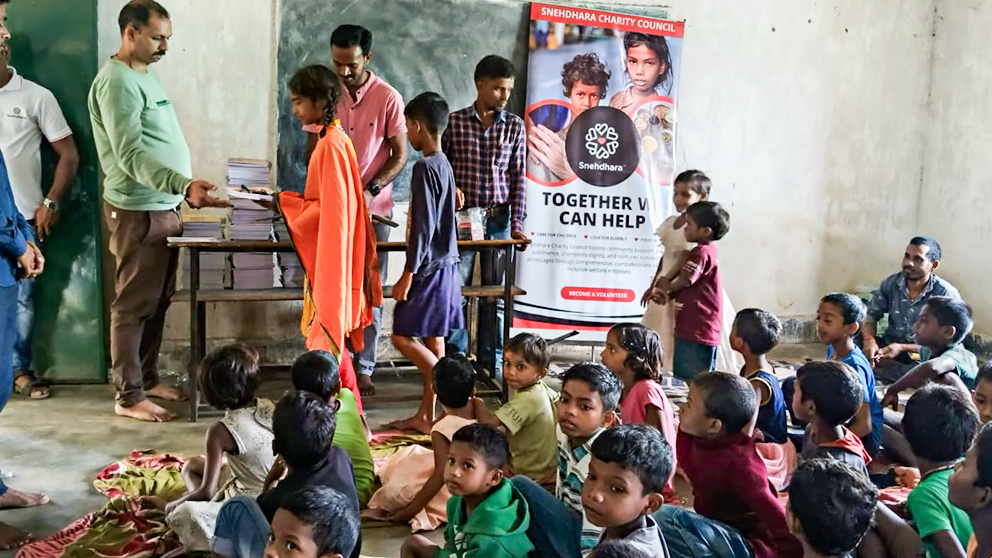In This Article

Understanding Access: More Than Just Availability
When we talk about development, the word "access" gets thrown around a lot — access to healthcare, education, food, or opportunity. But in rural India, access isn’t just about whether something exists. It’s about whether people can truly reach it, afford it, use it, and feel safe doing so.
Access is not just physical — it’s emotional, financial, and social. And that’s often where the real challenges lie.
The Gaps Between What’s There and What’s Usable
In many rural and underprivileged areas, schools and clinics do exist — but:
- Schools may be far away, lack proper materials, or fail to provide a safe environment, especially for girls.
- Medical centers may lack basic equipment or trained staff.
- Social stigma keeps women from seeking treatment or even talking about their health.
- Cultural norms pull children, especially girls, away from classrooms and into responsibilities at home.
What Snehdhara Is Doing to Bridge the Gap

At Snehdhara Charity Council, we don’t build large infrastructures, but we make existing systems more reachable. Our small actions are designed to make big ripples in people’s lives:
- We distribute books and school supplies in villages where education is out of financial reach.
- We provide food, clothes, diapers, and sanitary pads to families battling everyday poverty.
- We support community healthcare outreach, making wellness more understandable and accessible.
Each effort removes a small barrier — and removing friction is sometimes the most impactful thing you can do.
What Real Access Should Feel Like
Through our work, we’ve learned that true access feels like this:
- Simple – No confusing paperwork or red tape.
- Close to home – Physically and emotionally.
- Safe and respectful – Especially for women, children, and the elderly.
- Reliable – Not one-time help, but consistent support.
The Way Forward: Making Access Meaningful
Success shouldn’t be measured just by how many services are provided, but by how many people can actually use them.
So the question isn’t
Is it available??
It's
Can they reach it? Does it help?
At Snehdhara, our approach is simple: make life easier to navigate — one book, one pad, one meal at a time. These aren’t grand gestures. They’re quiet steps towards dignity and inclusion.
Because access doesn’t have to be perfect to be powerful.
It just has to be thoughtful — and within reach.